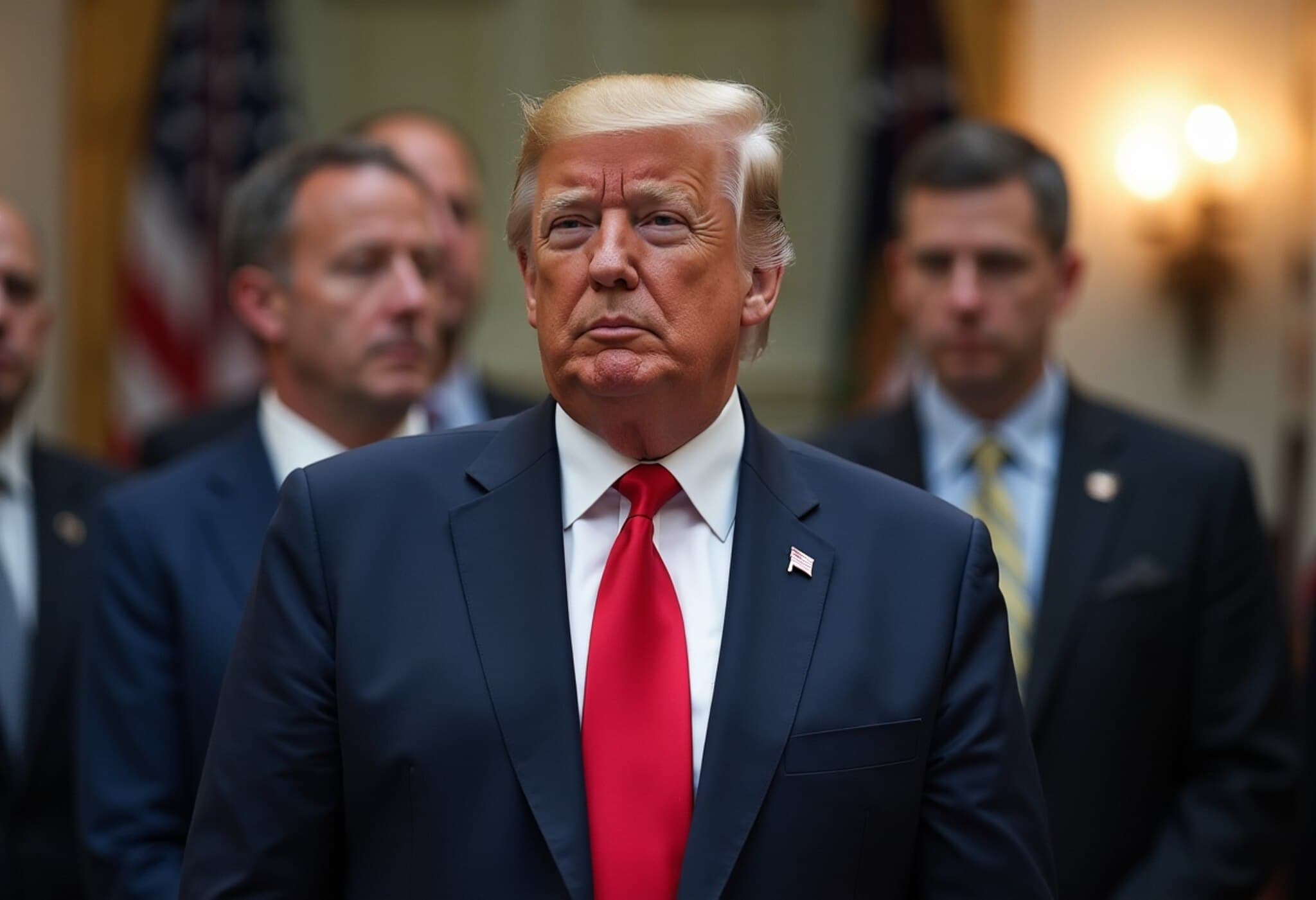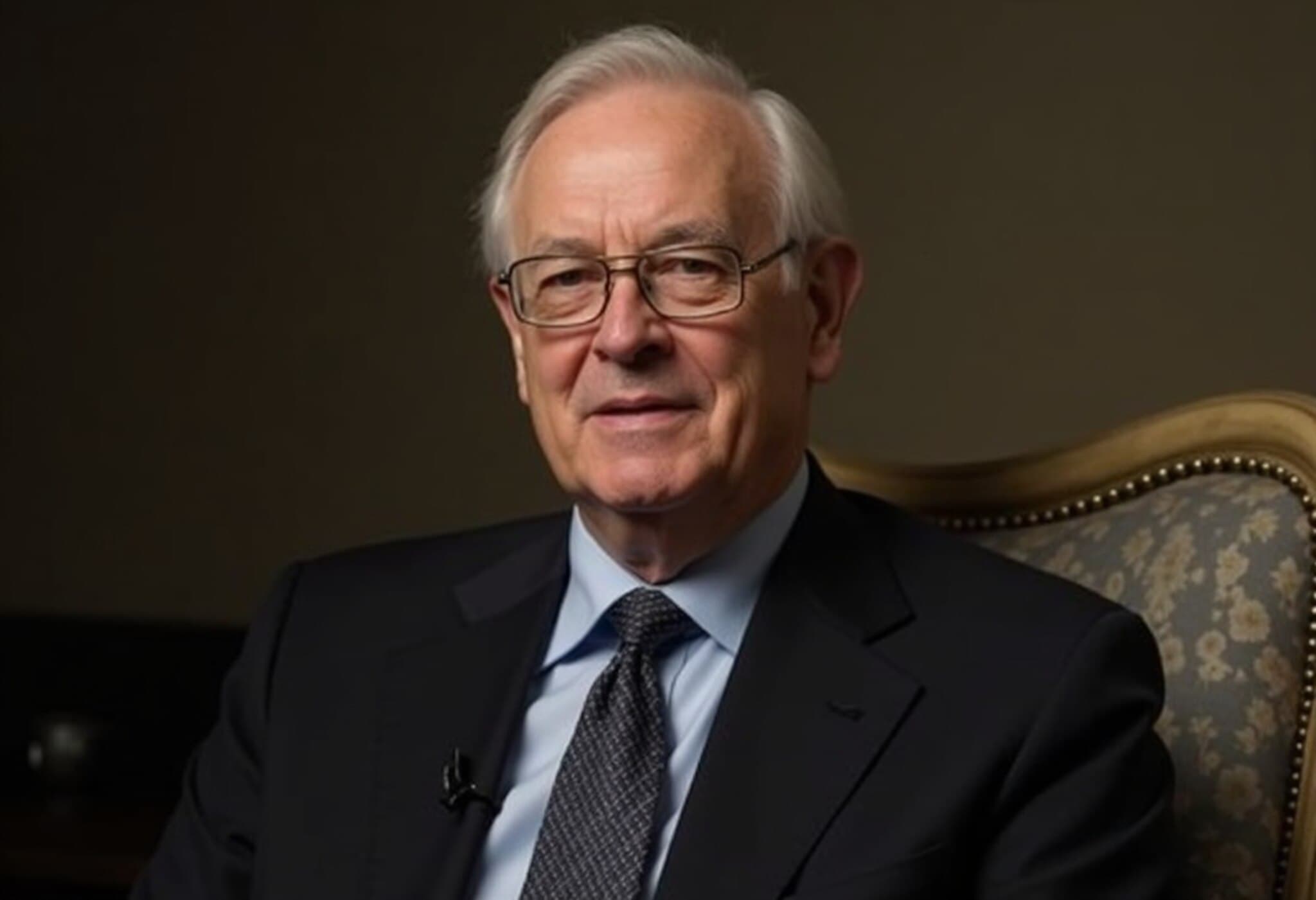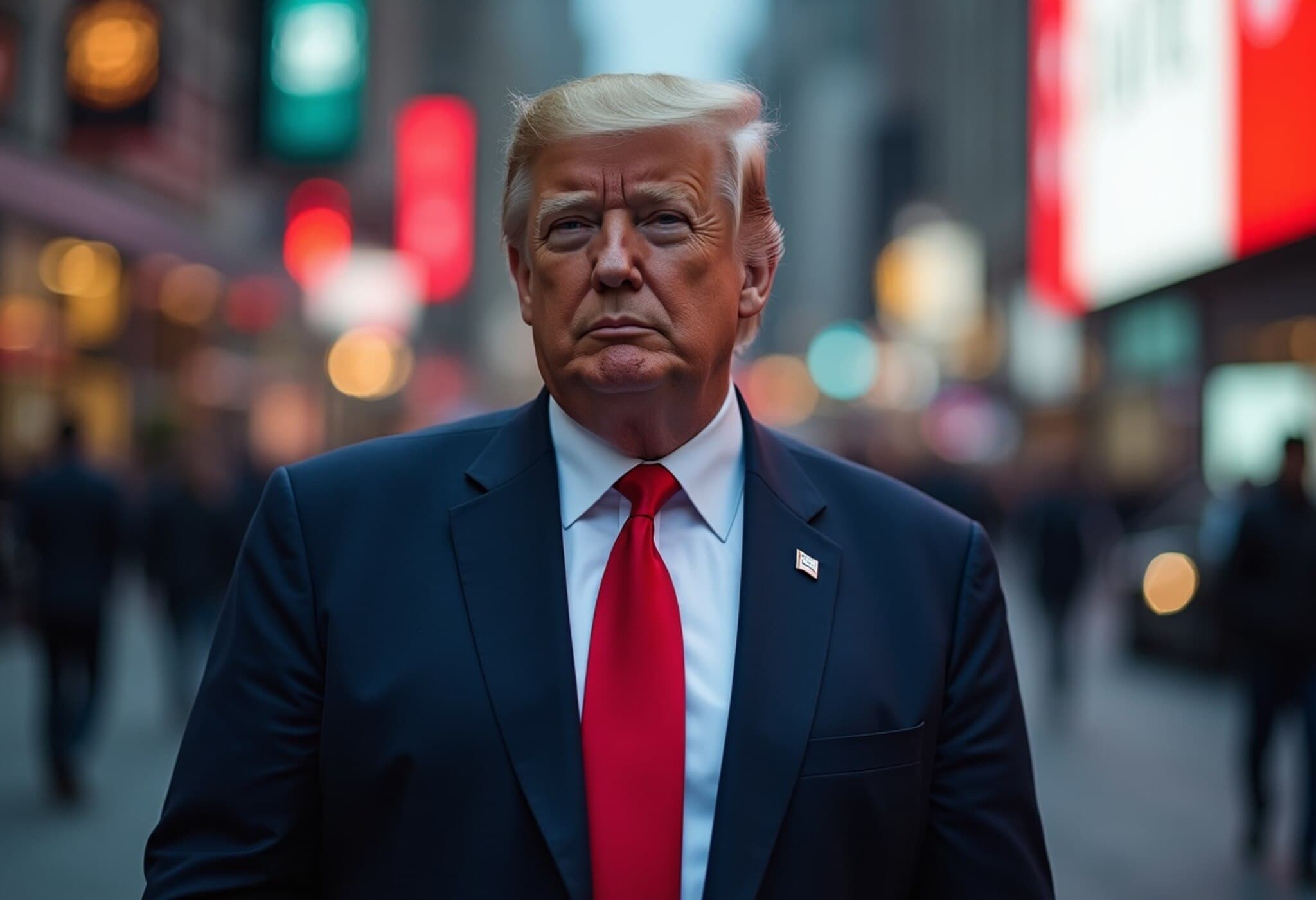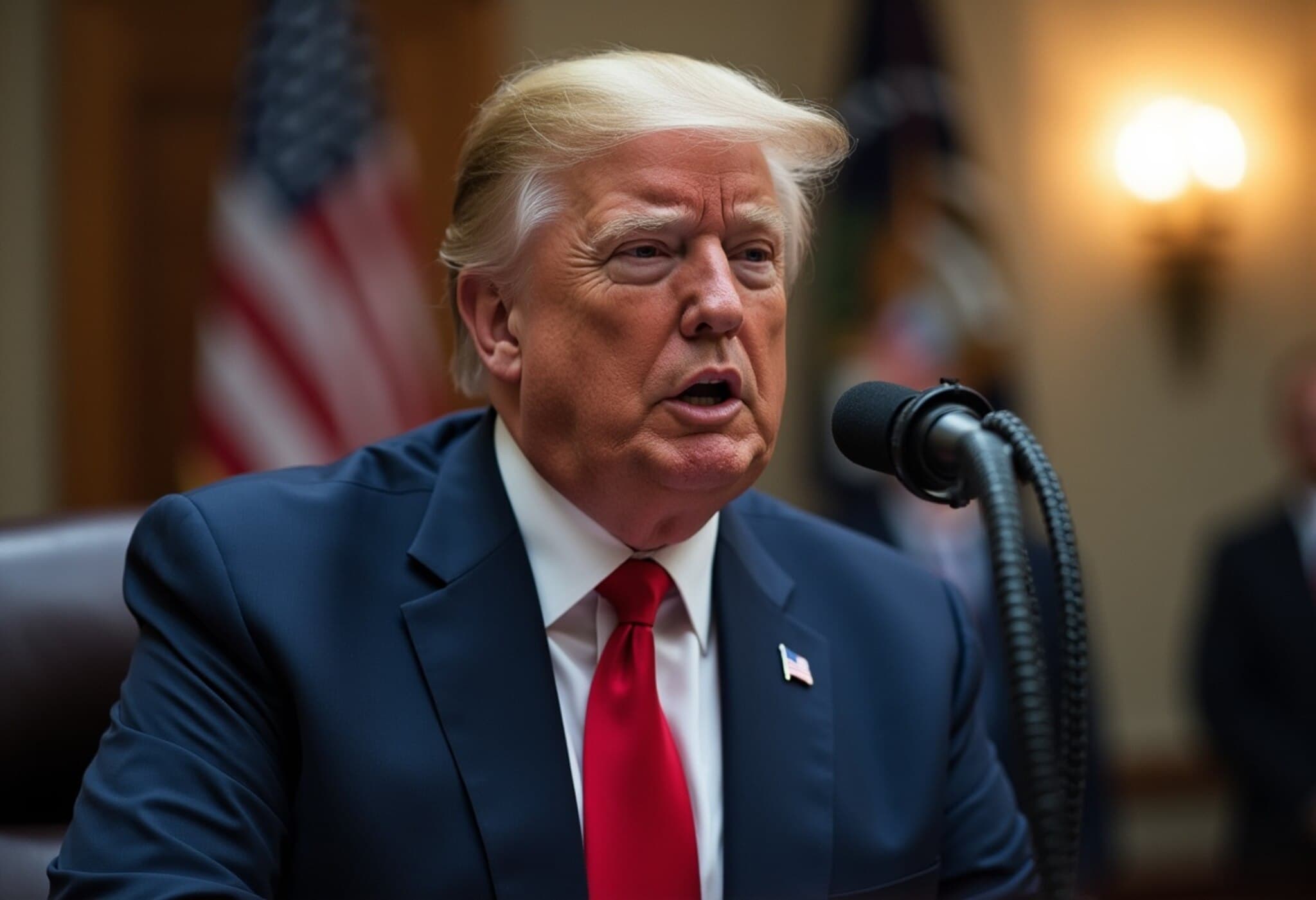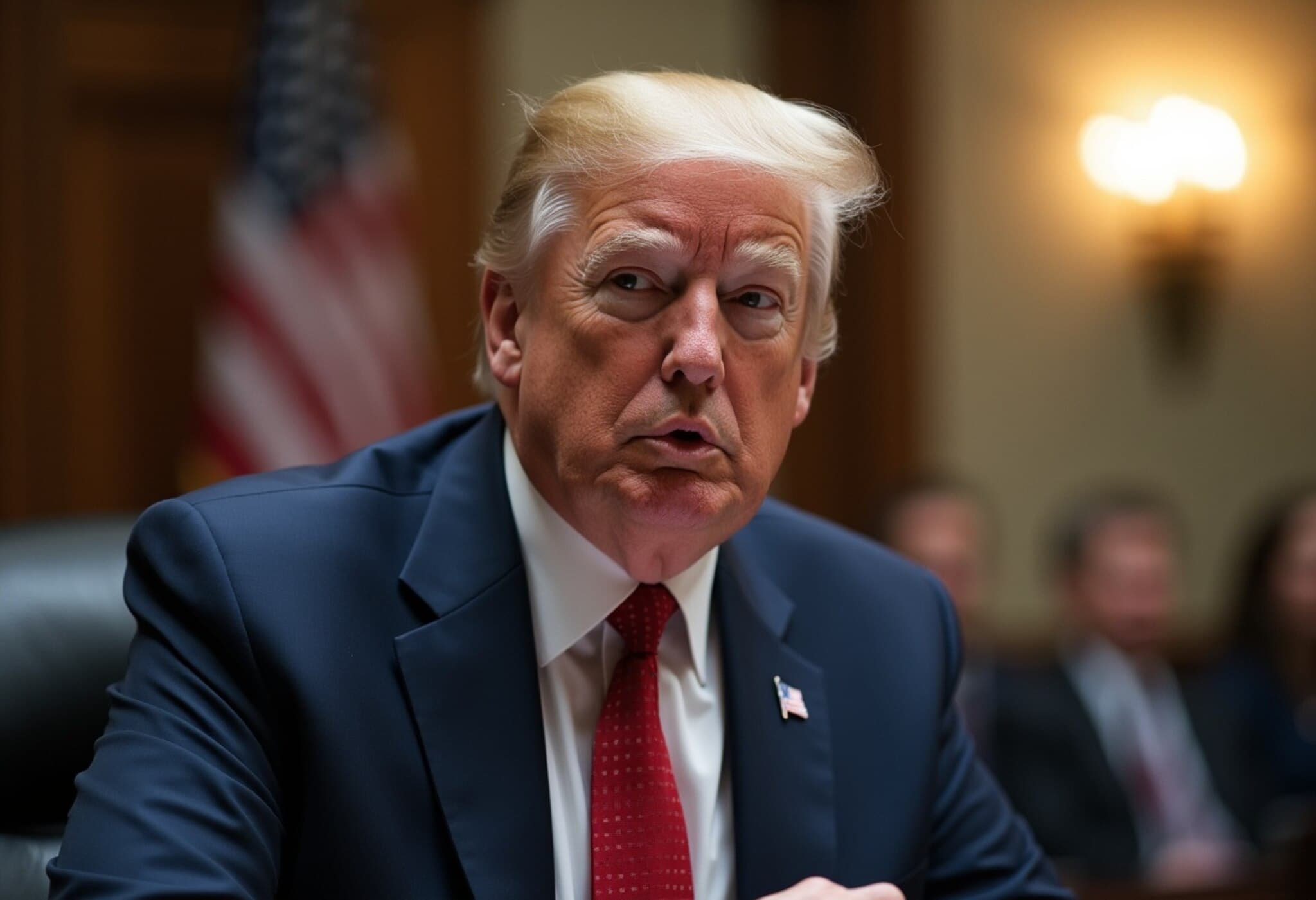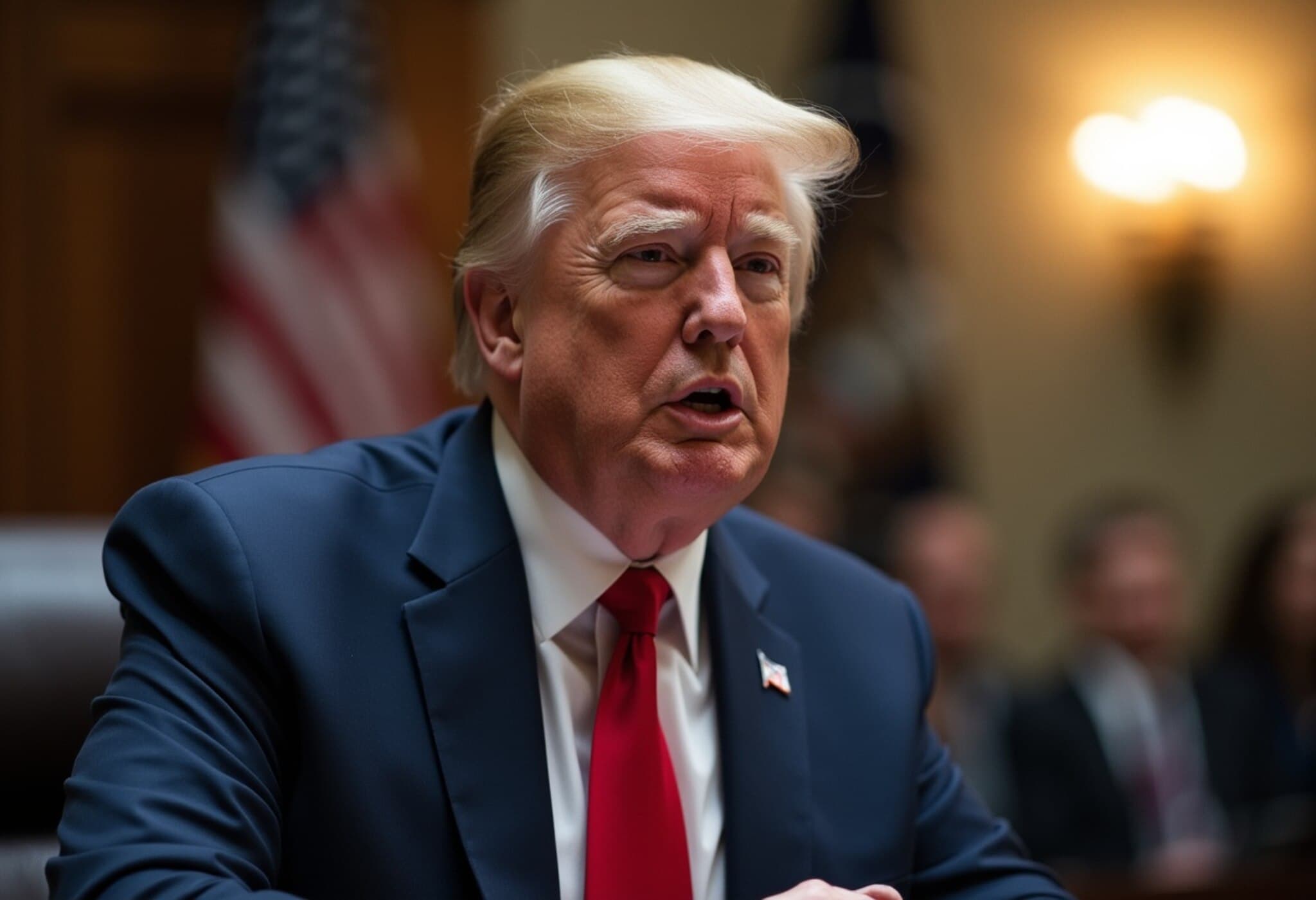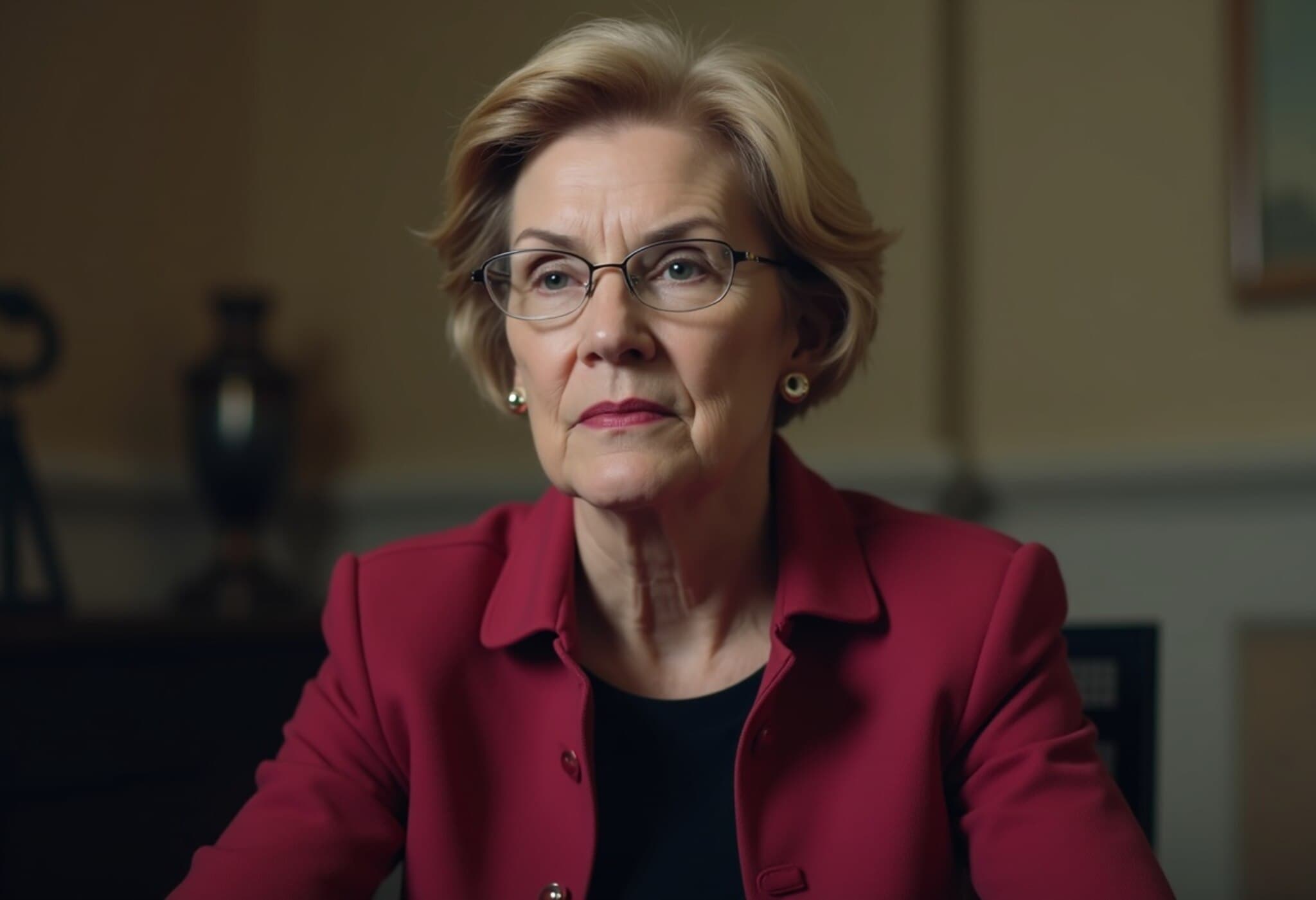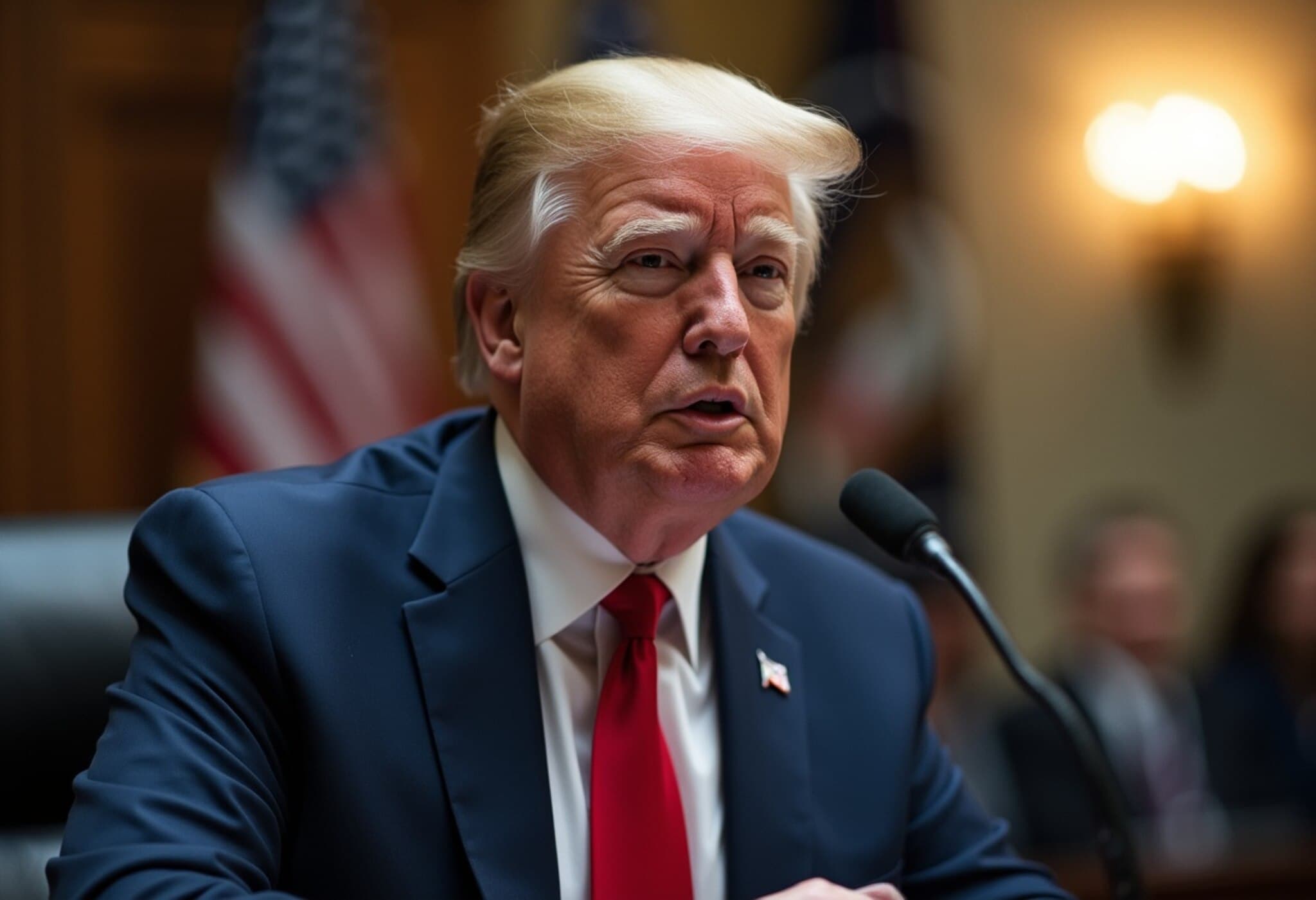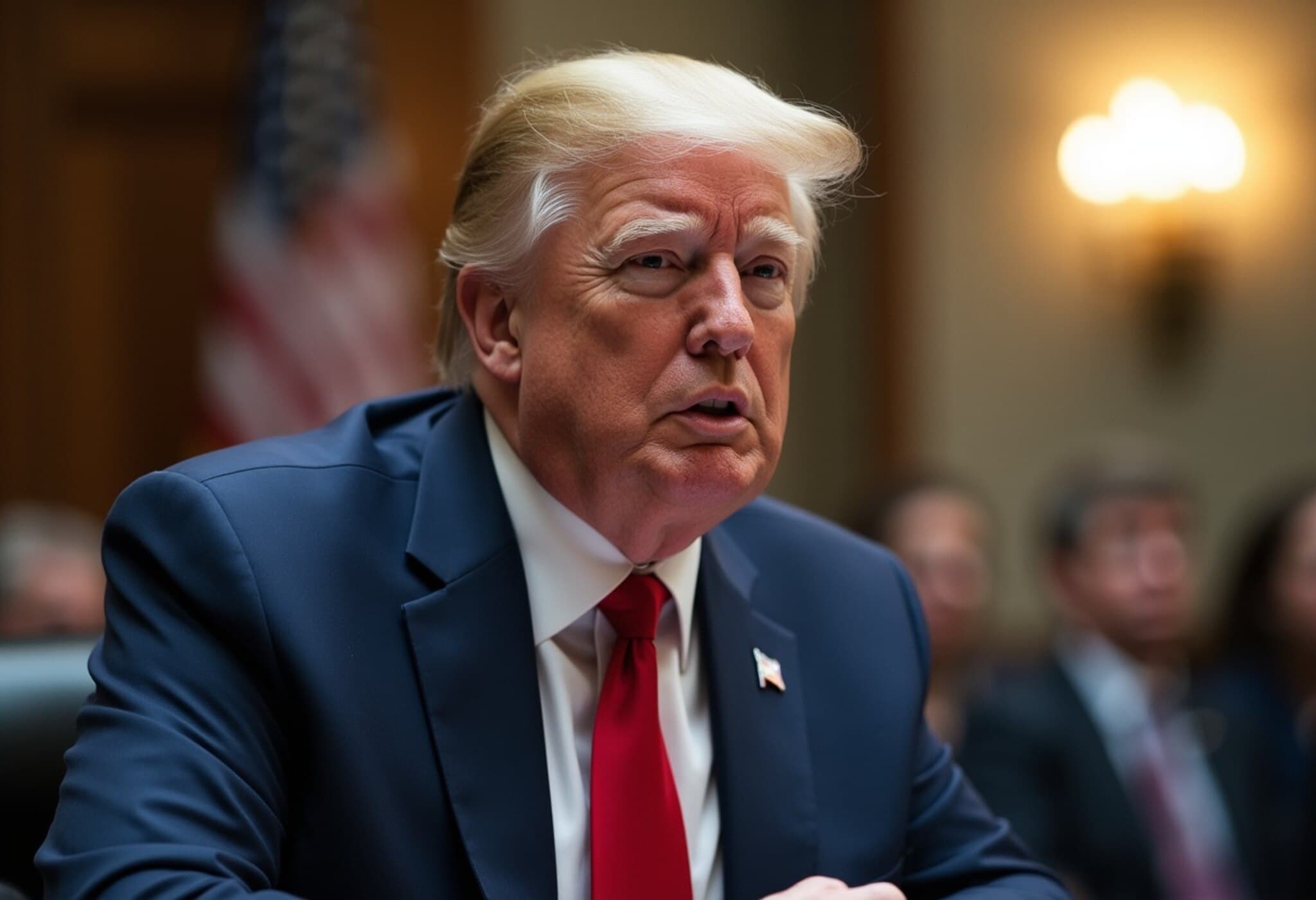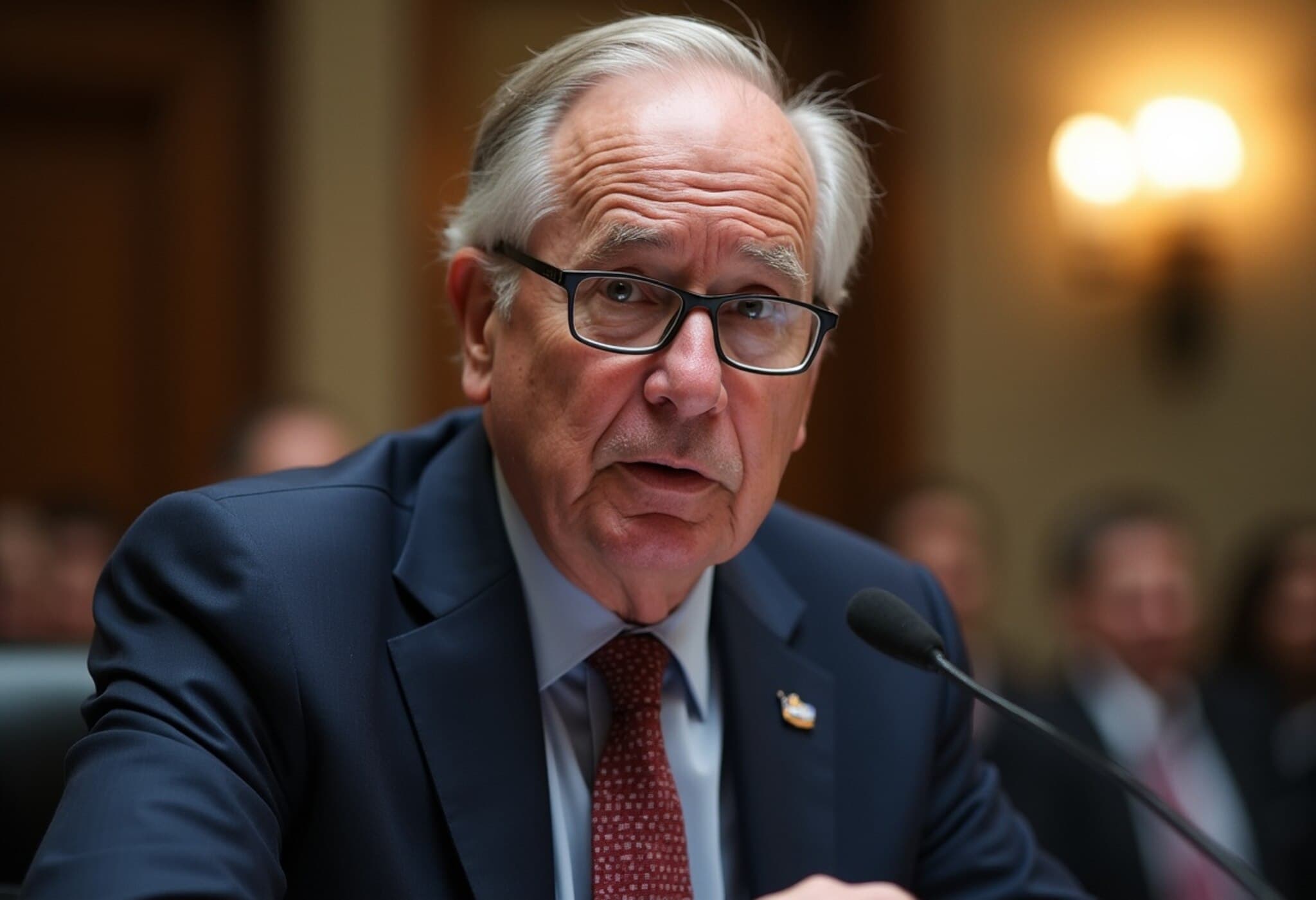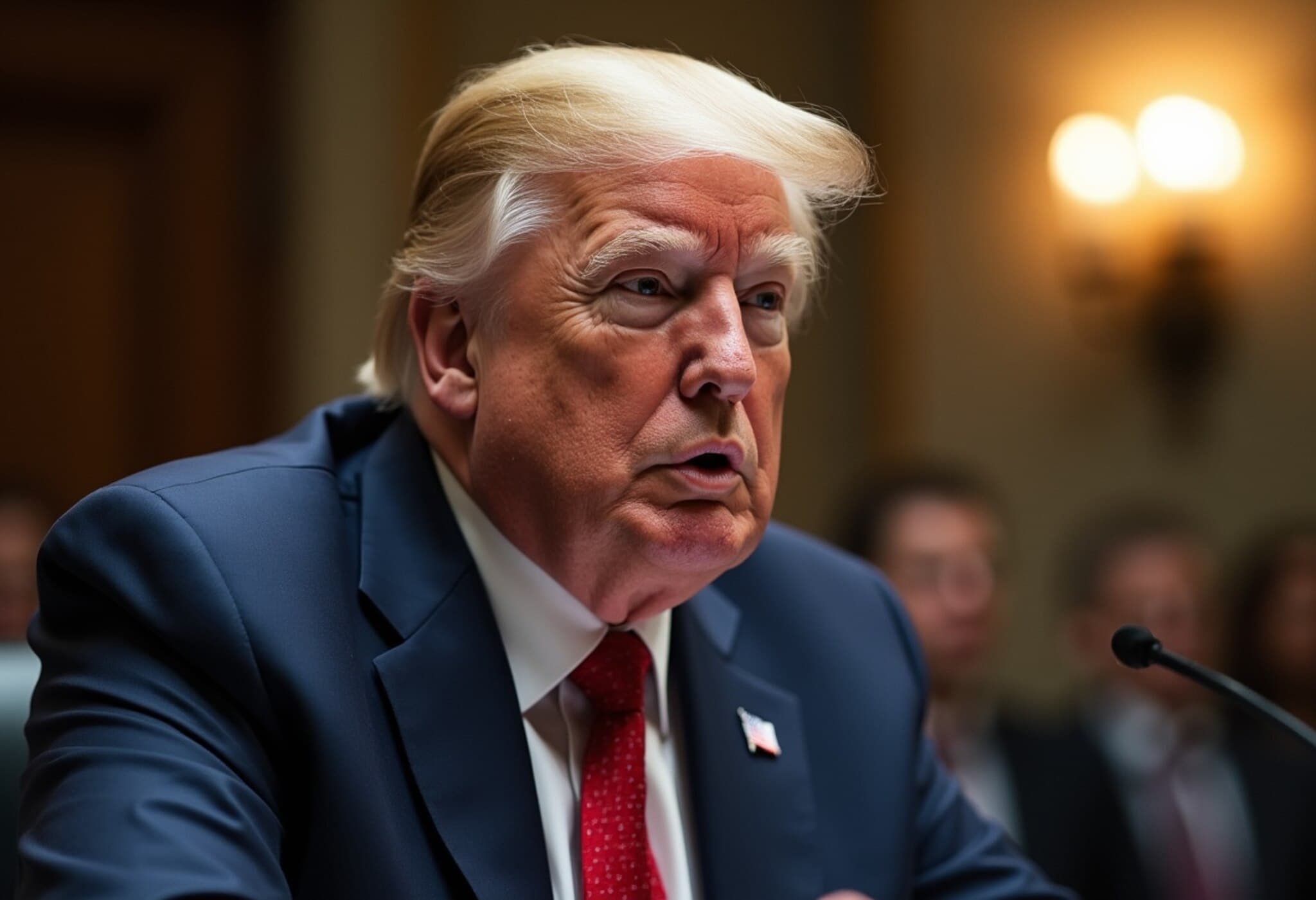Trump Foresees Jerome Powell’s Departure Within Eight Months
In a recent press briefing during a meeting with Philippine President Ferdinand Marcos Jr., former US President Donald Trump expressed strong criticism towards Federal Reserve Chair Jerome Powell, predicting that Powell would leave his post within the next eight months. Trump's remarks, which aired on July 22, 2025, come amid ongoing debates over the Federal Reserve’s approach to interest rates.
Disputed Timeline and Political Underpinnings
Powell’s official term as Federal Reserve Chair extends until May 15, 2026. However, Trump’s mention of an eight-month timeline—implying a March 2026 departure—raises questions about the basis of this prediction. Powell himself has indicated no intention to vacate his position prematurely, emphasizing stability amidst economic uncertainty. The discrepancy highlights the often-politicized nature of Federal Reserve leadership discussions in American political discourse.
Trump's Criticism: High Interest Rates and Housing Affordability
Central to Trump’s critique is the Fed's elevated benchmark interest rate, currently set between 4.25% and 4.50%. He argued that these rates are unnecessarily restrictive, stifling sectors such as the housing market and putting a strain on prospective homebuyers. “Our economy is so strong now, blowing through everything. We’re setting records,” Trump stated. “But people aren’t able to buy a house because this guy [Powell] is a numbskull. He keeps the rates too high, probably for political reasons.”
Trump advocates for a more aggressive policy easing, calling for a reduction of policy rates by three percentage points. Analysts, however, caution against precipitous changes as the Federal Open Market Committee (FOMC) monitoring inflation and labor data continues a cautious stance, with the next policy decision scheduled for next week.
Federal Reserve Spending Under Scrutiny
Adding to the debate, Treasury Secretary Scott Bessent voiced concerns over the Federal Reserve’s fiscal prudence, particularly regarding a $2.5 billion infrastructure renovation project for two Fed buildings in Washington, D.C. Bessent criticized what he termed as the Fed’s “mission creep,” suggesting that the central bank should focus strictly on its monetary policy mandate.
The Federal Reserve has defended the renovations, citing pressing safety and efficiency requirements. This conversation represents a broader dialogue on government spending priorities and accountability within independent institutions.
Broader Implications for US Economic Policy
The ongoing tensions around the Federal Reserve's approach underscore a deeper ideological split about managing the US economy. While the Fed prioritizes inflation control and long-term stability, political figures like Trump emphasize more immediate growth and affordability concerns, reflecting differing economic philosophies.
Editor’s Note
This episode invites us to reconsider the balance between monetary policy independence and political pressures, especially as the US economy navigates post-pandemic recovery thorny issues like inflation, housing affordability, and infrastructure investment. As policymakers prepare for upcoming decisions, the public must weigh the long-term consequences of interest rate changes against short-term economic relief. Will leadership changes at the Fed alter the current trajectory, or does the institution’s independence safeguard against politicization? These questions remain crucial as America charts its economic future.

